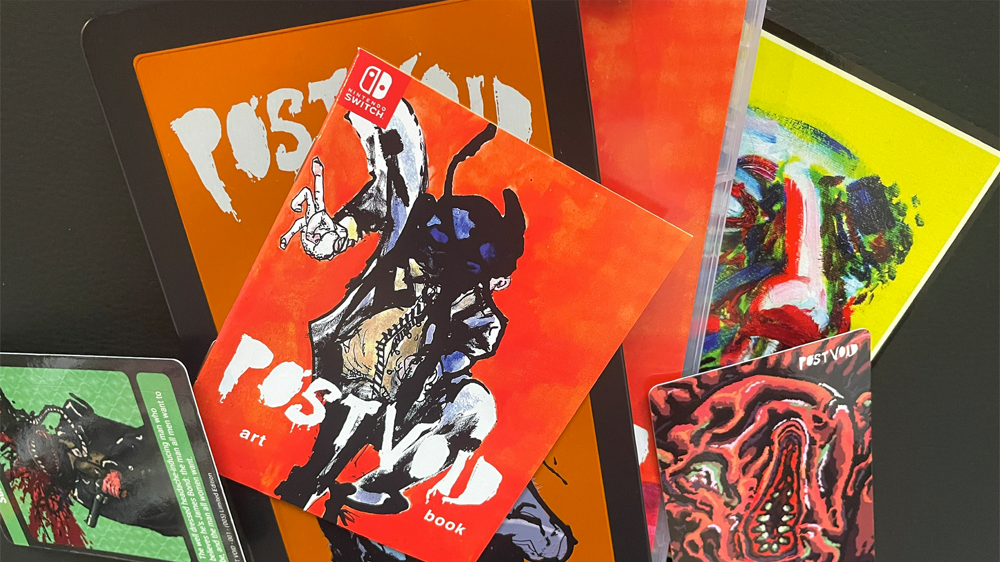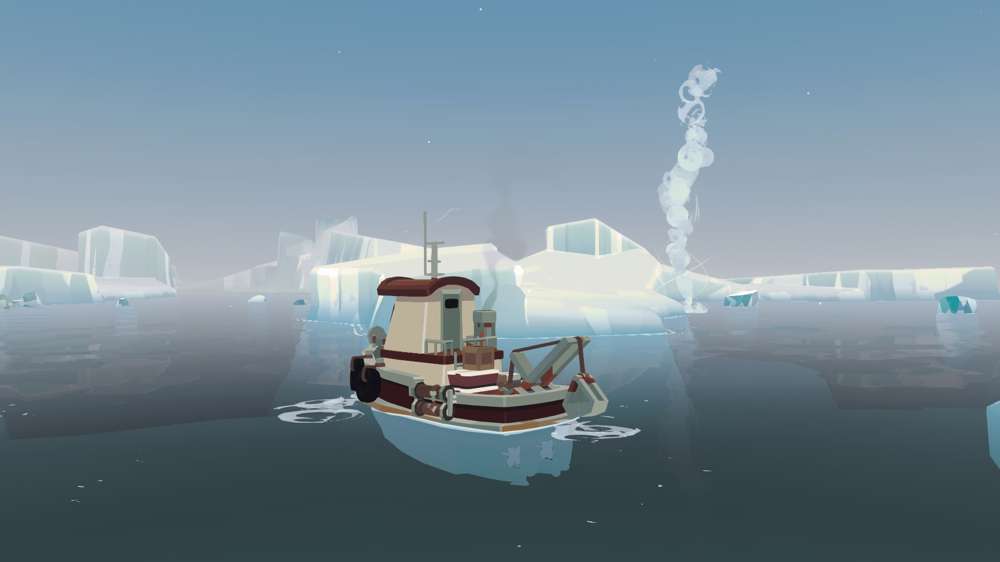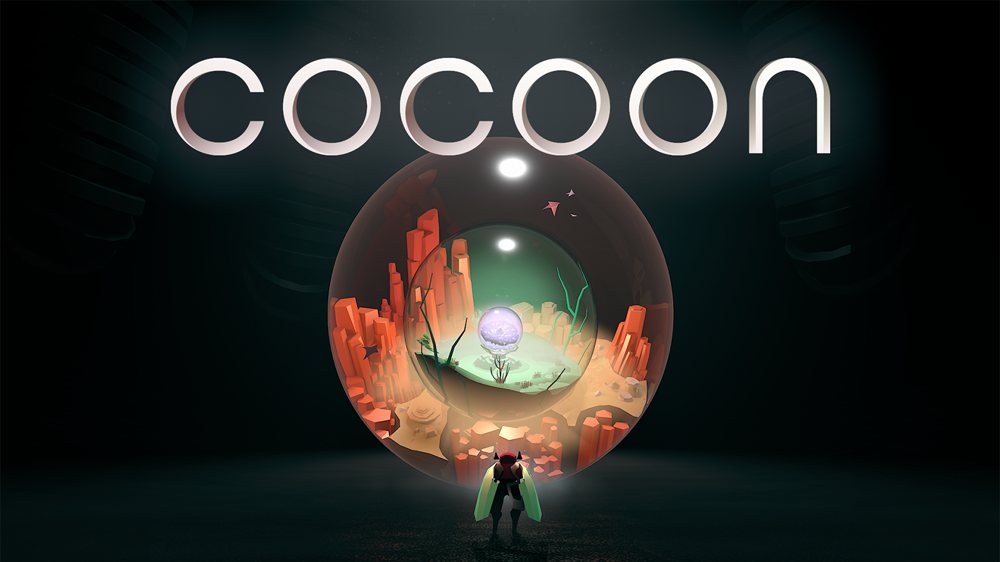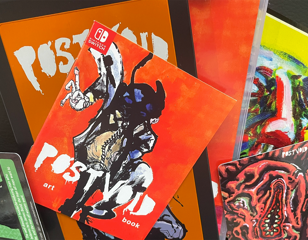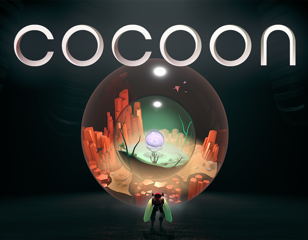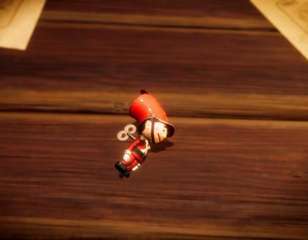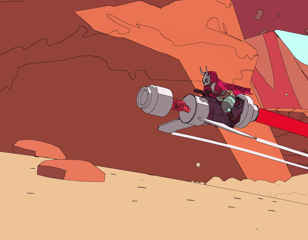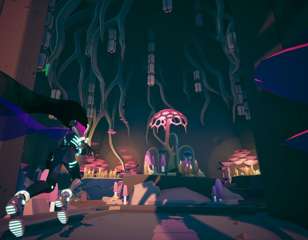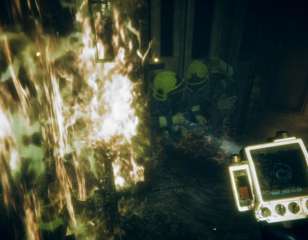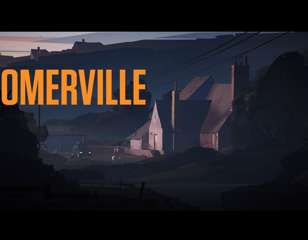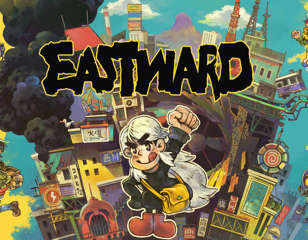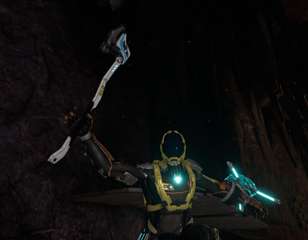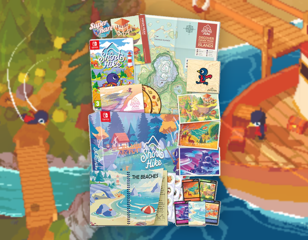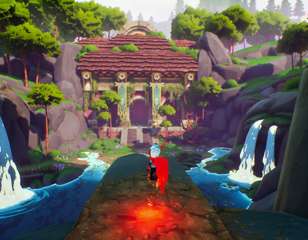Somerville Review: "Challenging To Recommend"
Find out how the new sci-fi platforming puzzle game from debut studio Jumpship fares with our Somerville review.
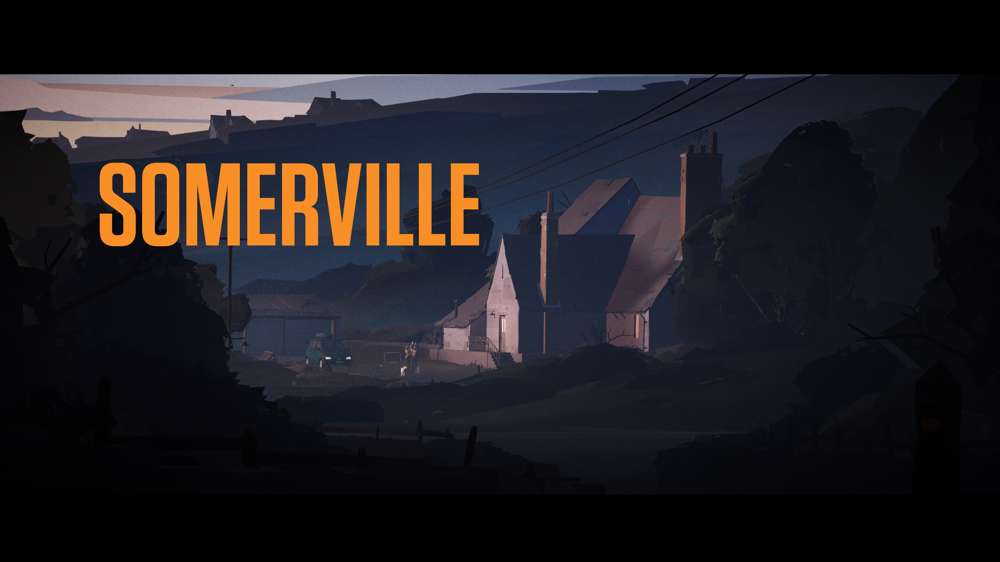
Being the first game from new indie studio Jumpship, Somerville attempts to entrance the player through mystical sights and a narrative full of questions. Drawing immediate comparison to games like Limbo and Inside, this 2D puzzle-platformer tells a sci-fi-infused short story with very minimal dialogue, destined to leave you asking questions regardless of how much you liked the final product. But does Somerville do enough to justify its reserved narrative, or is it two and a half hours you wish you had back? Make sure to read on to find out.
Sci-Fi Wasteland

Perhaps the most important thing to consider within Somerville is the narrative itself, as it is arguably a story-driven game despite the clear lack of explanation. Somerville begins with a family, but that is sharply broken up by a strange supernatural event where our unnamed main character wakes up with strange, light-based powers.
When embarking upon the world you will find that it is in an apocalyptic state, with barren fields, abandoned motorways, and obscure obsidian structures embedded into the earth's orifices. It is then up to you to move through the unforsaken land in search of life, hope, and ultimately an answer.
As a game that rejects a traditional narrative structure, Somerville will almost certainly leave you with an abundance of questions. What has happened? Where has everyone gone? What is the nature of my powers? And while Somerville absolutely has the right to leave all of these questions up for interpretation, it is lacking a level of atmosphere and emotion to fill the gaps.
I never felt as if I was necessarily connected to the world or the characters that inhabit it, which unfortunately left me feeling rather disinterested in the progression of the narrative. It never felt as if I was intrigued to uncover the mystery, or that there was necessarily a mystery even there in the first place. One could make the argument that an increased narrative length would solve these issues, but everything here just felt like nothing I hadn't seen before.
Lights In The Darkness

However, regardless of the potential lack of atmosphere and emotional weight, it is undeniable that there is visually a lot to like in Somerville. It possesses a striking painted aesthetic that works best within the game's often sprawling landscapes. Abandoned motorways are lit up by the soft, lonely glow of street lights, and acres of fields are layered into a domineering backdrop of the hills and the ocean.
These scenes do wonders to convey the disdain of a discarded and forgotten world, forced into hiding by an outside invading force. It is a shame then that the design for these alien intruders is left feeling rather shallow. The main oppressive 'force' is a panoptic purple light, backed up by bland robotic dog-like creatures that stalk some of the streets and caves you frequent. There just isn't enough fear and discovery within these creatures to necessarily warrant the apocalyptic atmosphere. There is perhaps one strong chase sequence in the mid-late game that had the tension I craved, but even then it still felt quite arbitrary, and was over not too long after it began.
I would have loved to have seen the weight of death that exists in games like Limbo and Inside, where you feel the consequences of your failure and your body flails to the ground, but instead, you are just met by a sudden black screen and a swift restart, cutting away just moments before you can feel the fear of your supposed foes.
Puzzling Choices

It was, however, the gameplay where I found myself most frustrated though, but in some rather unexpected areas. On a base level, the puzzles are at the very least serviceable, with some of them requiring clever use of Somerville's unique light-based powers. Interacting with various lights and power sources throughout the world initially allow you to disintegrate the obsidian that pollutes the landscape, with the reverse eventually being acquired that allows you to harden the melted rock in order to create new paths and access new areas.
There were just far too many points within these puzzles that just did not make sense, either through a lack of signposting, or a discreet change of rules. One particularly egregious example happens early on in the game, where to complete what looks like a puzzle you need to instead walk over a mound that would otherwise appear to be a non-interactive part of the backdrop. There are, of course, moments of clever signposting throughout the game - often indicated by subtle splashes of yellow - but there are also far too many moments that don't conform to this, leading to on the whole a puzzling experience in all the wrong ways.
What also often doesn't help is the camera, which places you far from your character, prompting difficulty in actually figuring out where I was going, or what I was supposed to do. While this camera direction works great for portraying the sprawling landscapes discussed earlier on, and there are some clever camera movements and angles that make you feel as if you're being watched, but when it comes down to the puzzles I would have preferred a far more functional view.
It would be remiss to gloss over how frustrating the contextual actions often are too, which only adds to the feeling that you're never quite doing the right thing. Beyond some points not even registering the initial interaction - like attempting to grab someone's hand - until you were in the exact right spot, I lost count of the number of times I wasn't holding the analogue stick at the precise angle to pull a plank away, or open up a door.
Bugging Out

Although these contextual actions often made me feel as if I had encountered a progression-blocking bug, unfortunately, the reality was far too common too. In the short two-and-a-half-hour playtime I came across three separate instances where a bug forced me to restart from an earlier checkpoint, either through getting stuck in the geometry, or an action not working. While the checkpoints are thankfully fairly close together, meaning that I didn't lose too much progress, it is undeniably a frustrating thing to encounter so much in such a short game.
Beyond this, the performance is also not much to write home about, which is also poor for a game that shouldn't be too graphically intensive. Even with an RTX 3060 Ti, I endured constant stuttering and drops, which just took me out of the experience completely. There were also a number of visual glitches and bugs that, while not game-breaking, only add to the increasing pile of immersion-breaking factors.
Overall, it does end up being quite challenging to recommend Somerville, despite being fond of some elements of the game. If you're wanting something that is easy and quick to play, and you're a big fan of sci-fi-oriented narratives, then Somerville's short two-and-a-half-hour runtime could work for you. However, frustrating puzzles, clunky controls, and an all-around unstable performance, unfortunately, left a sour taste in the mouth - even for such a short game.
2.5/5
Reviewed on PC.
Comments

